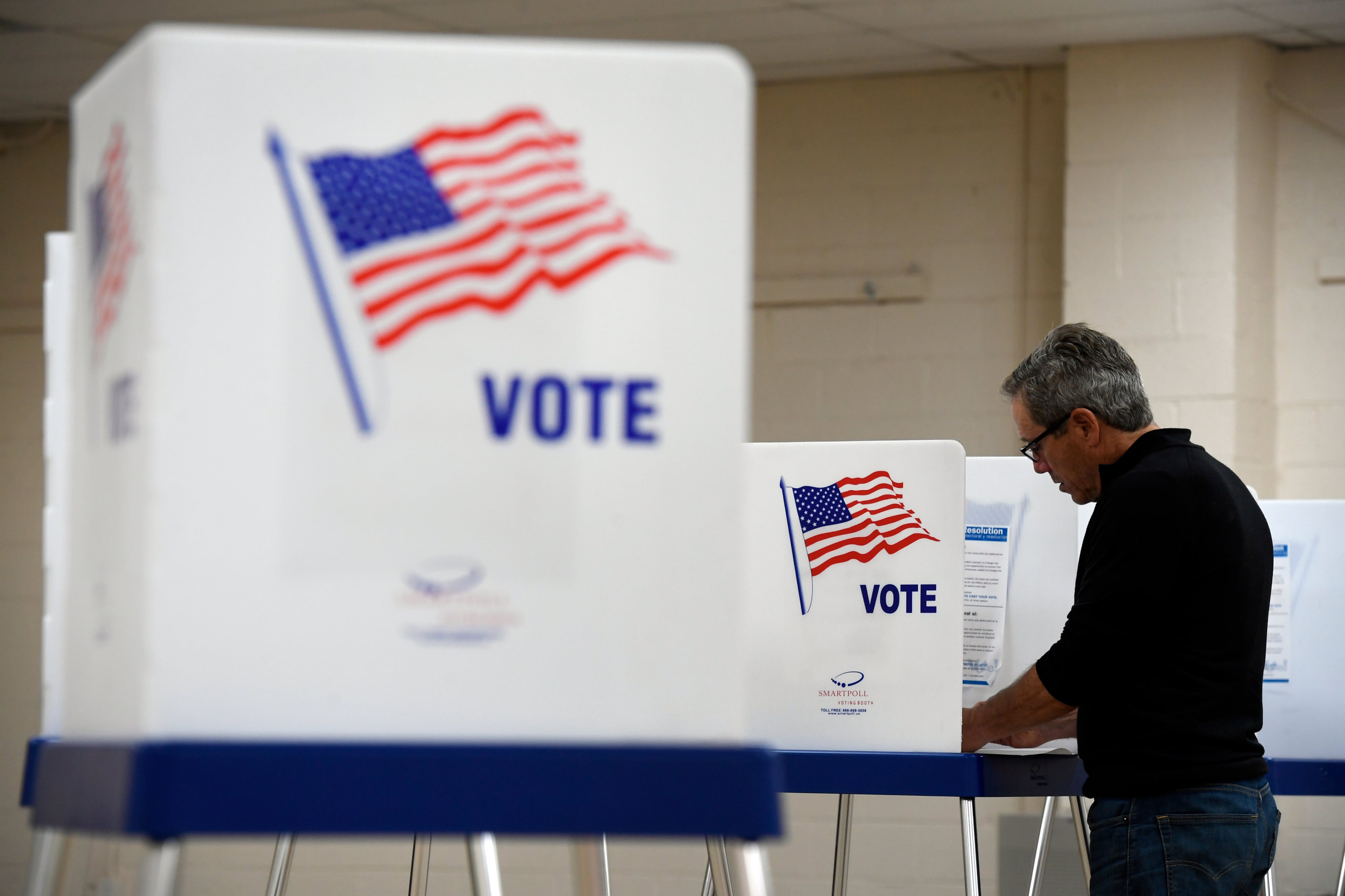Colorado’s State Board of Education is growing from seven to nine seats, and political control of the body that sets education policy could be at stake in November’s election.
The State Board of Education hires the education commissioner, oversees the school accountability and teacher evaluation systems, hears charter school appeals of district decisions, and sets state standards that guide what students should learn and what schools should teach.
The State Board doesn’t set school funding — that job belongs to the legislature.
State Board of Education members are elected from each of the state’s congressional districts. The board is getting two new seats due to redistricting. Those include one seat representing a new 8th Congressional District that includes Adams and Weld counties and a new statewide at-large seat to maintain an odd number of board members.
State Board members serve six-year terms and earn no salary. There are four open seats, including one held by incumbent Rebecca McClellan, a Littleton Democrat, and one by incumbent Steve Durham, a Colorado Springs Republican. Both are running for reelection.
Democrats hold four of the current seven board seats. This election has the potential to shift political control back to the Republicans, who controlled the board for decades.
The election is Nov. 8.
The State Board faces a number of challenging issues.
The State Board this year ordered the reorganization of the Adams 14 district, in part for persistently low test scores. This could lead to dissolution of the district, school closures, or new district boundaries.
An audit of the school accountability system to determine how well state oversight of school performance is working is expected shortly after the election, and could lead to calls for changes. The legislature will make those decisions, but the State Board’s position will be significant in that process.
With fewer than 40% of Colorado third-graders reading at grade level, the State Board of Education has cracked down on teacher preparation programs that promote outdated methods and pushed schools to adopt evidence-backed reading curriculums. But Colorado’s system of local control means the State Board has limited authority.
The State Board is also in the midst of a contentious update to the state’s social studies standards. A 2019 law calls for lessons to include more perspectives of people of color and LGBTQ Americans. Draft changes have drawn thousands of comments in support and in opposition, and many references to race and LGBTQ issues have already been removed from the draft version.
The debates mirror those happening around the country about how to teach history, race, gender, and sexuality. A final vote is expected in November, after the election but before the new members are seated. Some candidates told Chalkbeat they would like to revisit that decision after the election, depending on the outcome.
We asked the candidates about these issues and more. The questions you see below come from our readers and from reporters in our newsroom. Answers are lightly edited for style, grammar, and length. You can use the pull down menu to toggle between races or view the candidates one at a time.






